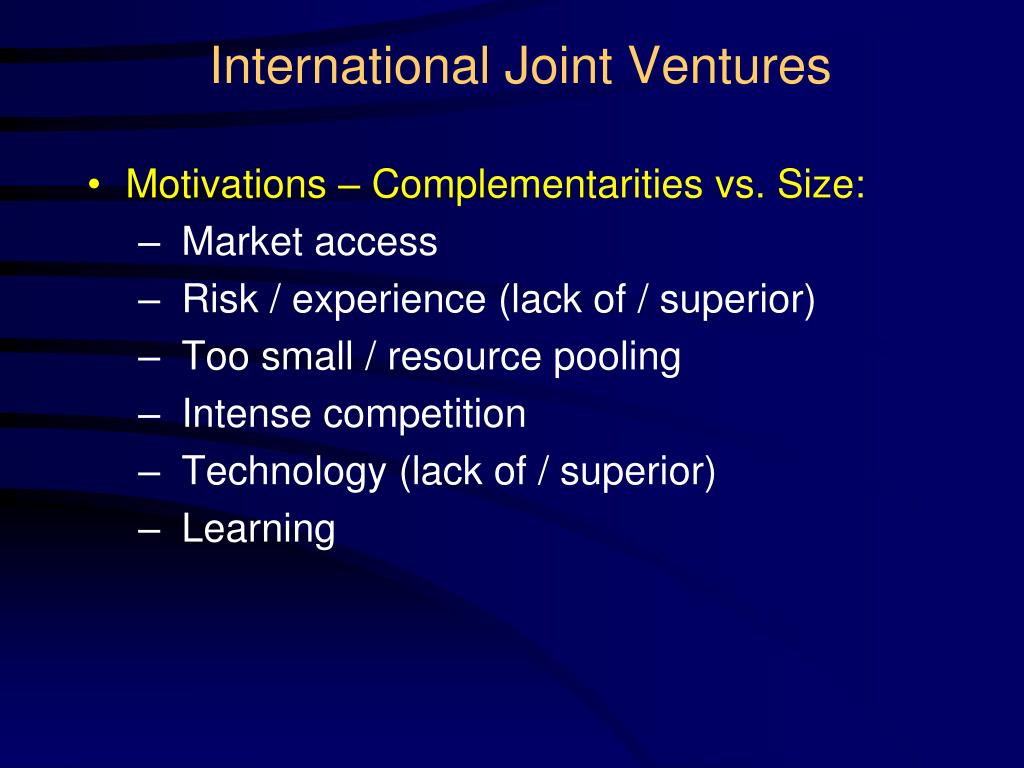

The stage 3 analysis sought to conceptualise the disjunction in the ways the two companies made sense of the strategy practices revealed in their composite narratives and resulted in two theoretical models based on the analysis of data from 15 interviews and the Stage 1 and 2 data: a model conceptualising the sensemaking discrepancies between the partner companies in the IJV collaboration and a model of the sensemaking about performance in the IJV collaboration. The insights gained triggered the search for complementary theoretical concepts and contributed to development of the conceptual models produced in stage 3. In the stage 2 analysis, 16 meetings and 30 interviews were used to compare SP and practices of the two companies. In the stage 1 analysis, 39 documents and 7 interviews were used to construct two composite narratives of IJV collaboration (one for each company). Interpretive analysis was performed using NVivo (10) software. Data were collected from company documents, semi-structured interviews, and limited participant observation. To answer these research questions an inductive interpretive approach was adopted and three stages of interlinked data collection and analysis were conducted. How does this sensemaking and/or sensegiving influence international business collaboration in this case? How do key internal stakeholders in a particular Sino-NZ context make sense of and give sense to strategic actions related to the development and maintenance of an international business collaboration? My study sought to address these shortcomings in the literature by undertaking a qualitative, exploratory case study to uncover how key internal stakeholders in two companies collaborating in a Sino-New Zealand international joint venture (IJV) collaboration made sense of their own and the other company’s strategic actions during the development of their IJV.

The result is that we know very little about the lived-in reality of these stakeholders who create an IJV and even less about the sense they make of their own strategy practice (SP, also called strategy-as-practice, SaP) and that of the key stakeholders in their partner company. Very little research has been conducted at the level of the key internal stakeholders within the collaborating companies that form international business alliances, commonly termed international joint ventures (IJVs). A review of the extensive international business collaboration (IBC) literature reveals scholars’ predisposition to focus on either knowledge or resources at the company level.


 0 kommentar(er)
0 kommentar(er)
